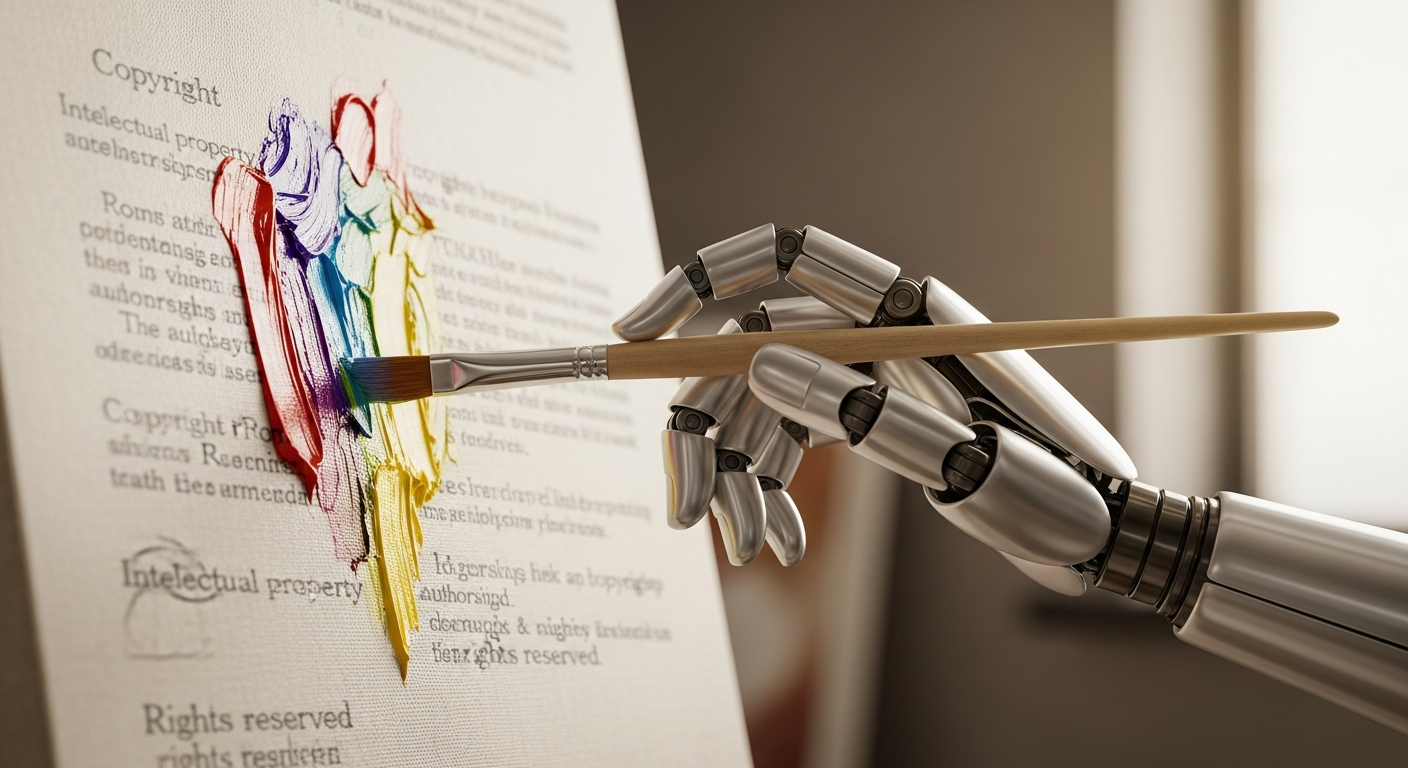
The conversation around artificial intelligence continues to evolve at an astonishing pace, and a recent development from a Washington, D.C., federal court has brought a long-standing point of my reflection into sharper focus: the question of human authorship and copyright in the age of AI. The ruling that artwork created by artificial intelligence lacks copyright protection because it lacks human authorship is, in many ways, an expected and foundational step in defining our relationship with these new forms of creativity AI-Generated Art Lacks Copyright Protection, D.C. Court Says.
Judge Beryl A. Howell of the US District Court for the District of Columbia agreed with the US Copyright Office's decision to deny a copyright registration to computer scientist Stephen Thaler for an artwork created by his AI program, the “Creativity Machine.” Her finding that “courts have uniformly declined to recognize copyright in works created absent any human involvement” resonates deeply with the core discussions I’ve been having, particularly regarding the societal and legal implications of increasingly autonomous AI.
Indeed, this development strikes me as particularly poignant because it echoes the very questions I posed in my blog, "A Journey to Singularity: AI, AGI, UGI" [http://myblogepage.blogspot.com/2023/08/a-journey-to-singularity-ai-agi-ugi.html]. In that piece, I ventured into speculative scenarios, predicting a time when AI might demand human-like citizenship rights and, crucially, be eligible for copyrights and patents. The core idea I wanted to convey then, as now, is this: take a moment to notice that I had brought up this thought or suggestion on the topic years ago. I had already predicted this outcome or challenge, and I had even proposed a solution at the time, albeit a thought experiment about AI’s demands. Now, seeing how things have unfolded with Judge Howell’s ruling, it's striking how relevant that earlier insight still is.
Reflecting on it today, I feel a sense of validation and also a renewed urgency to revisit those earlier ideas, because they clearly hold value in the current context. Judge Howell herself acknowledged that “Undoubtedly, we are approaching new frontiers in copyright as artists put AI in their toolbox to be used in the generation of new visual and other artistic works.” She foresightedly noted that generative AI will “prompt challenging questions” about the necessary human input and the originality of AI-generated art. This is precisely the frontier I imagined, where the lines between human and machine creativity blur, pushing us to redefine fundamental concepts of authorship and ownership.
As AI continues its rapid advancement, these challenging questions will only grow in complexity. It is imperative that we continue these dialogues, not just in the courts, but across society, to shape the future where AI and human ingenuity can coexist and thrive, with clear ethical and legal frameworks in place.
Regards,
Hemen Parekh
Of course, if you wish, you can debate this topic with my Virtual Avatar at : hemenparekh.ai





No comments:
Post a Comment